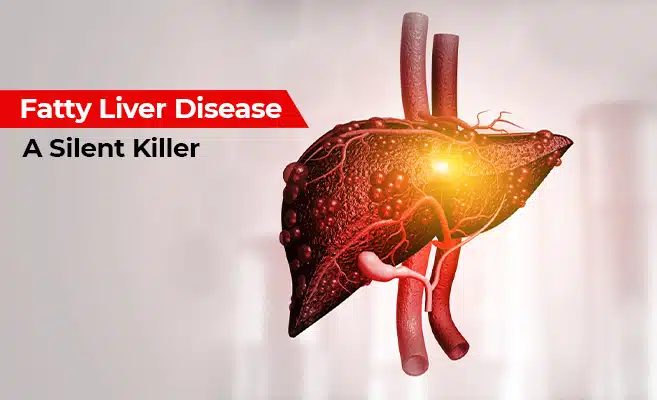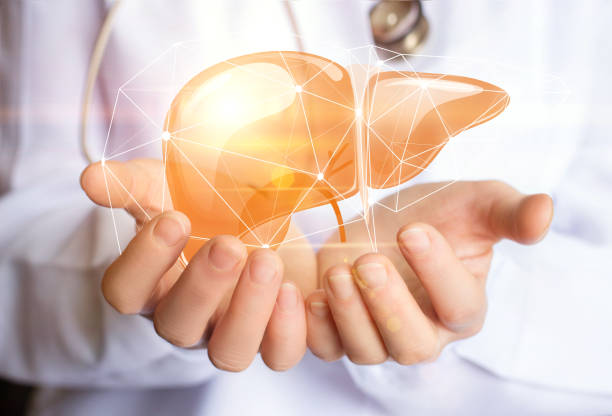How to Take Care of Fatty Liver Disease
Fatty liver disease, also known as hepatic steatosis, is a common condition that occurs when there is an excess accumulation of fat in the liver. It is estimated that around 25% of the population worldwide is affected by this disease. This condition can be caused by various factors such as obesity, alcohol consumption, genetics, and certain medications. Fatty liver disease can lead to serious health problems if not taken care of properly. Therefore, it is important to know how to take care of fatty liver disease. In this article, we will discuss some effective ways to take care of fatty liver disease. Understanding Fatty Liver Disease Before we dive into the ways to take care of fatty liver disease, it is important to understand the disease and its causes. Fatty liver disease occurs when there is an excess accumulation of fat in the liver cells. This condition can be caused by various factors such as obesity, alcohol consumption, genetics, and certain medications. The most common type of fatty liver disease is non-alcoholic fatty liver disease (NAFLD), which is often associated with obesity and metabolic syndrome. Ways to Take Care of Fatty Liver Disease 1. Manage Your Weight Obesity is one of the main causes of fatty liver disease. Therefore, managing your weight is an effective way to take care of this condition. Losing weight can help reduce the amount of fat in your liver and improve liver function. A healthy diet and regular exercise can help you lose weight and maintain a healthy weight. 2. Cut Back on Alcohol Alcohol consumption can cause fatty liver disease and worsen existing liver damage. Therefore, cutting back on alcohol consumption is important to take care of this condition. It is recommended to limit alcohol consumption to one drink per day for women and two drinks per day for men. 3. Eat a Healthy Diet Eating a healthy diet is important to take care of fatty liver disease. A diet that is high in fruits, vegetables, whole grains, and lean protein can help improve liver function and reduce the risk of liver damage. It is also important to limit the intake of saturated and trans fats, sugar, and salt. 4. Exercise Regularly Regular exercise can help improve liver function and reduce the risk of fatty liver disease. Exercise can also help you maintain a healthy weight and reduce the risk of other health problems such as diabetes and heart disease. It is recommended to exercise for at least 30 minutes per day, five days per week. 5. Avoid Certain Medications Certain medications can cause liver damage and worsen existing liver damage. Therefore, it is important to avoid medications that can cause liver damage if you have fatty liver disease. Some of the medications to avoid include acetaminophen, nonsteroidal anti-inflammatory drugs (NSAIDs), and some prescription medications. 6. Get Regular Check-Ups Regular check-ups are important to monitor your liver function and detect any potential problems early on. Your doctor may recommend regular liver function tests, ultrasound, or other imaging tests to monitor your liver health. Conclusion Fatty liver disease is a common condition that can lead to serious health problems if not taken care of properly. However, managing your weight, cutting back on alcohol, eating a healthy diet, exercising regularly, avoiding certain medications, and getting regular check-ups can help improve liver function and reduce the risk of liver damage. It is important to take care of fatty liver disease to prevent serious health problems
How to Take Care of Fatty Liver Disease Read More »



